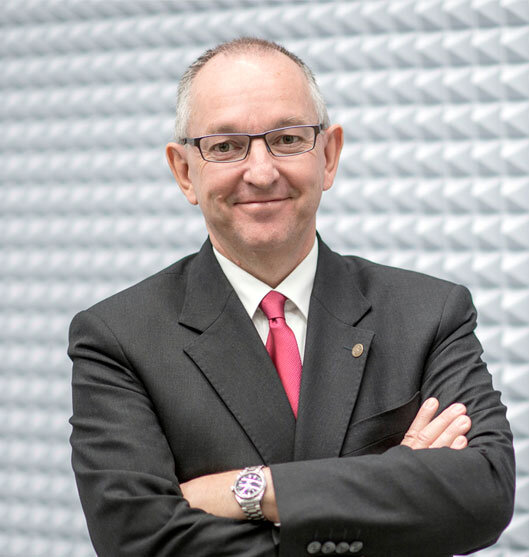Lars Montelius took up his appointment as Director-General of INL, on September 1st. The Swedish Professor of Physics has spent more than 25 years working in the Nanotechnology field will lead the Laboratory founded by Portugal and Spain for the next five years. Before his appointment to INL, Lars Montelius held several positions in academia, among them Dean of the Physics Department of Lund University, and director for the Swedish Danish Collaborations, the Öresund University and the Öresund Science Region, where he worked on the development of cross-regional collaborations. During the last few years, he got strongly involved in innovation on the border between academia and business. Lately, he has put much effort into the innovation system and has been engaged as a mentor for students exploring ideas of innovation as well as being responsible for development projects with direction towards establishing a working model and concept to interface academia and society. Parallel to his research and academic career, Montelius founded several successful nanotechnology-based companies, founded of the pioneering and groundbreaking work with his group in the field of nanoimprint lithography. «I am very excited about my new position here at INL and I am really looking forward to take […]
Read more


